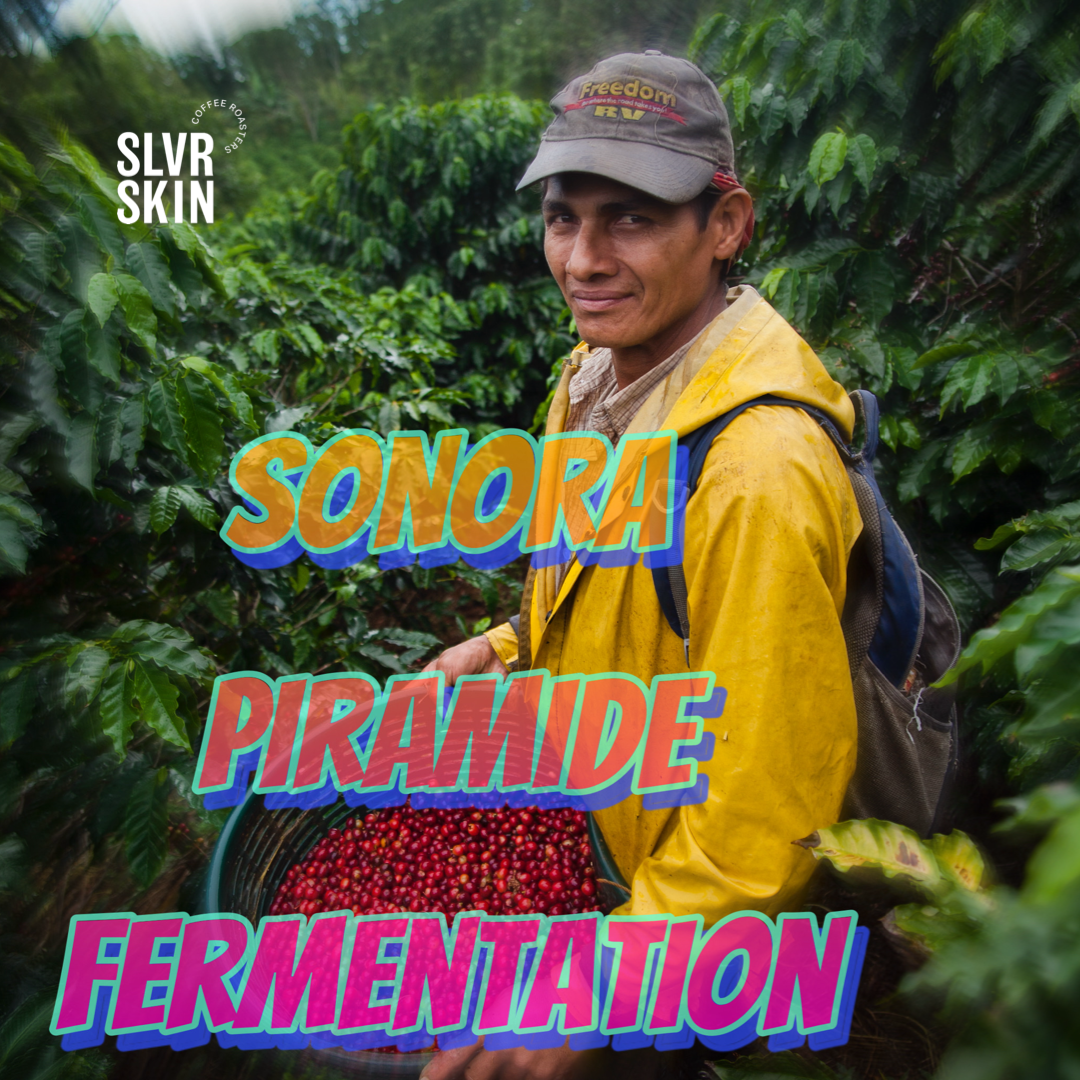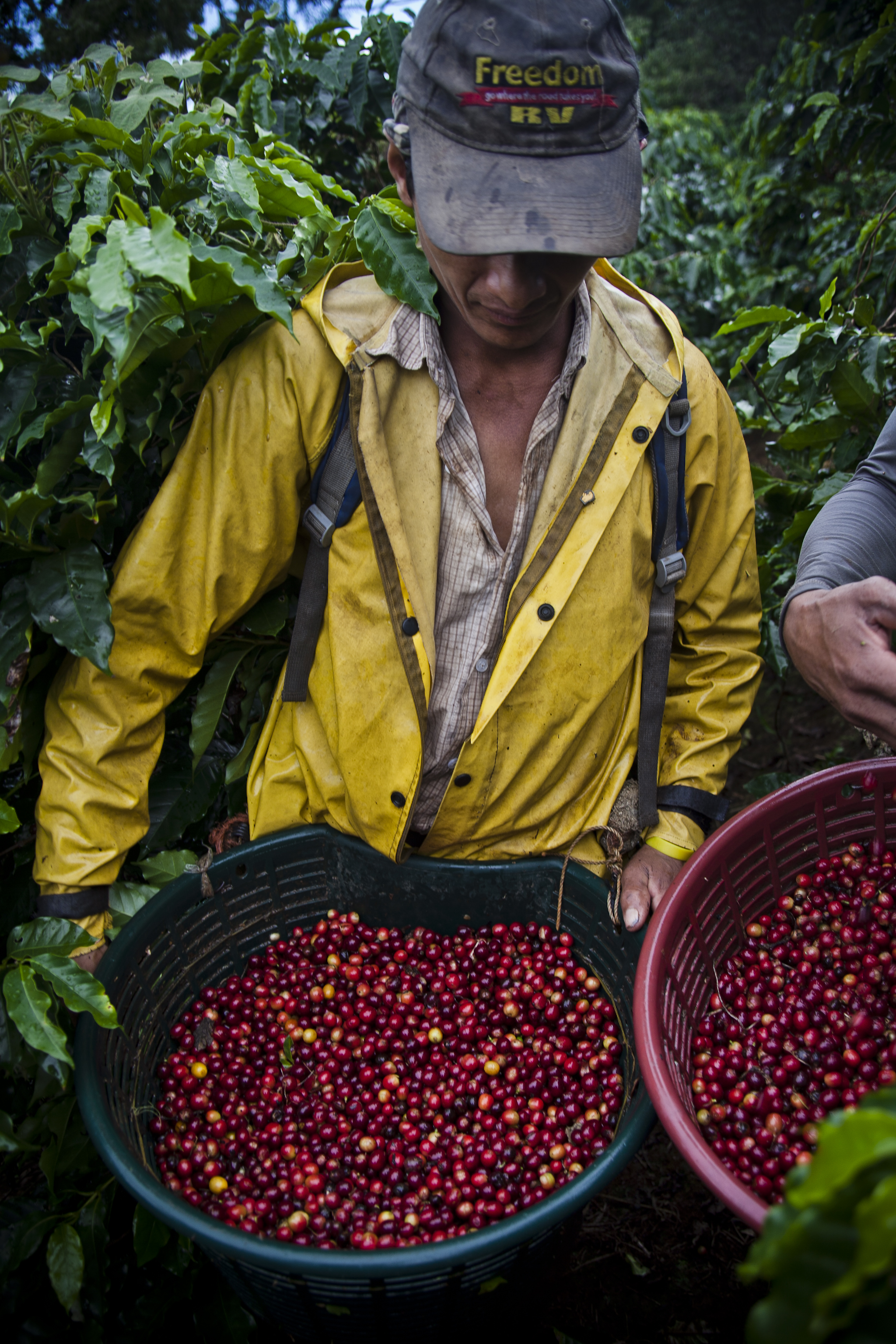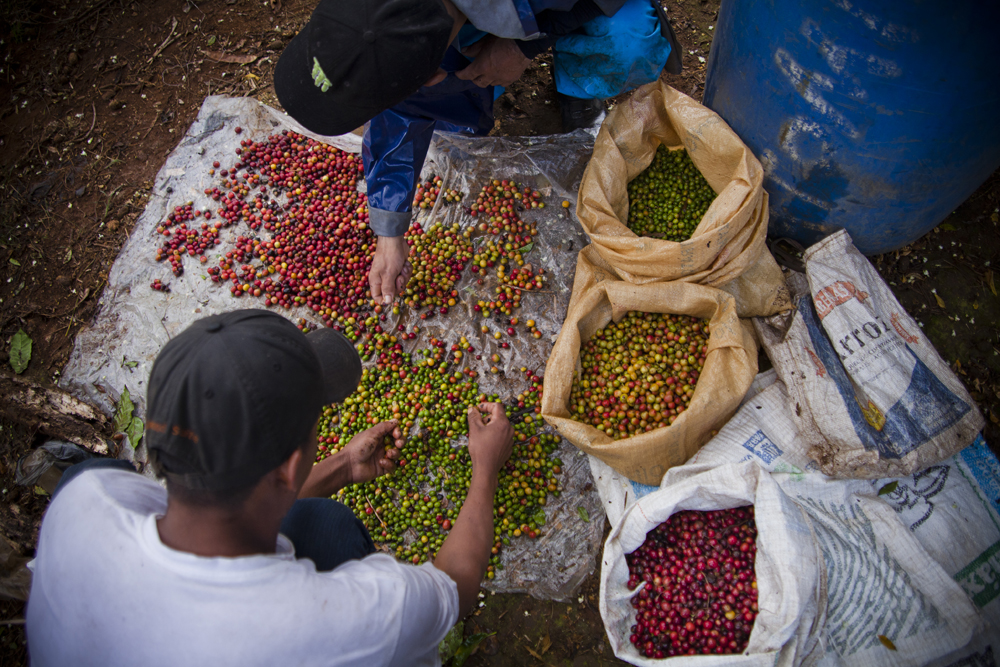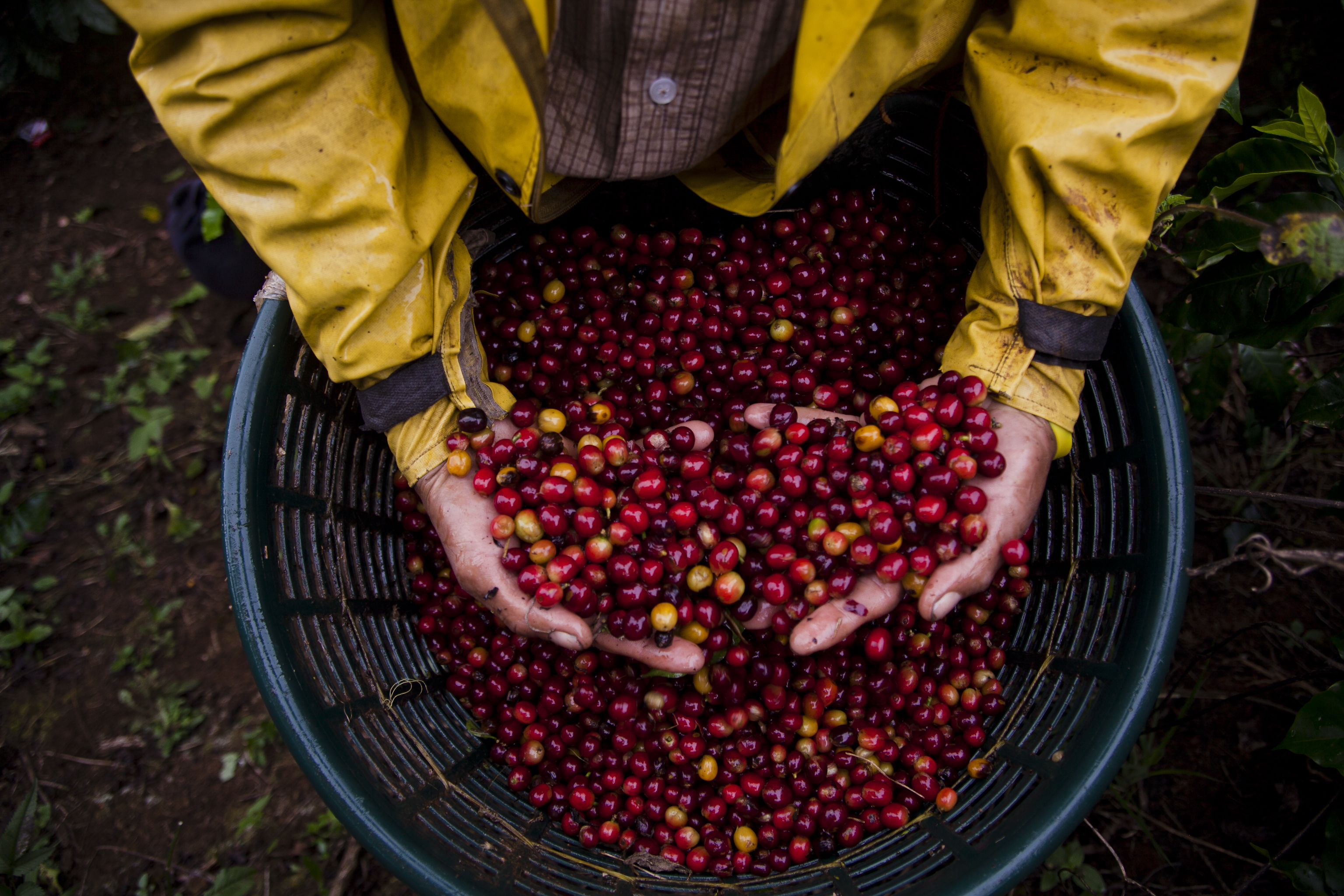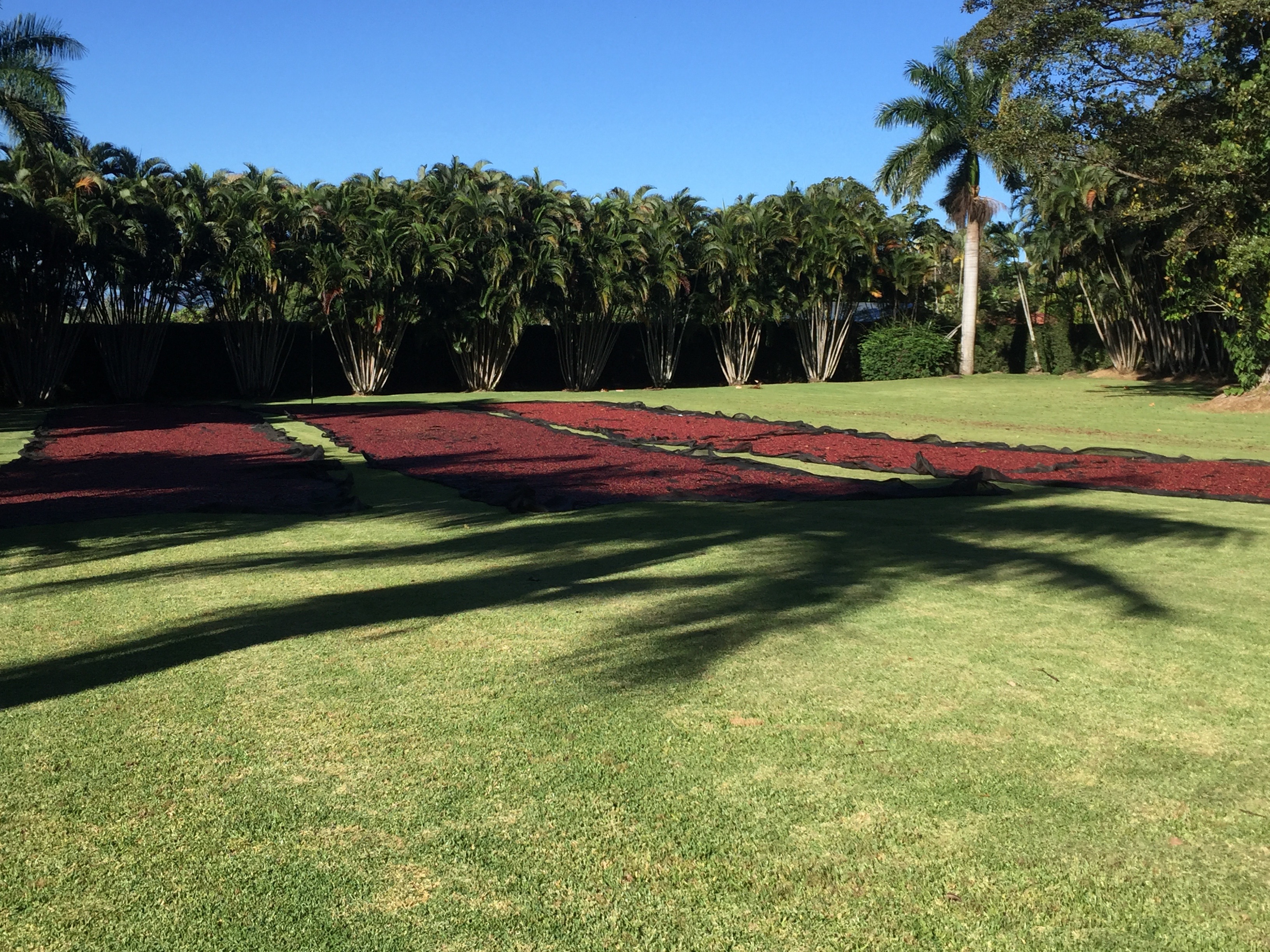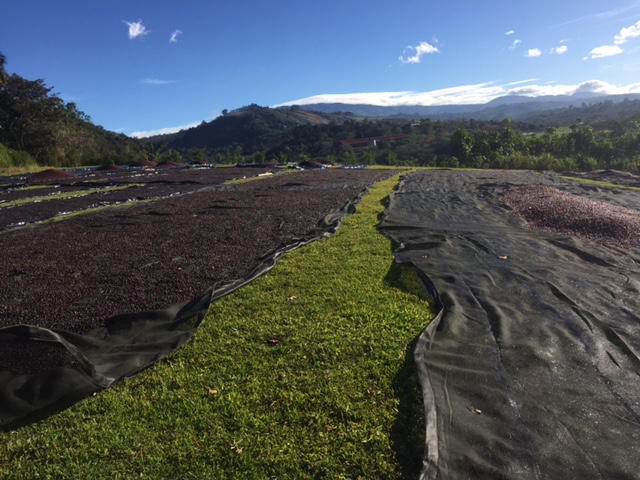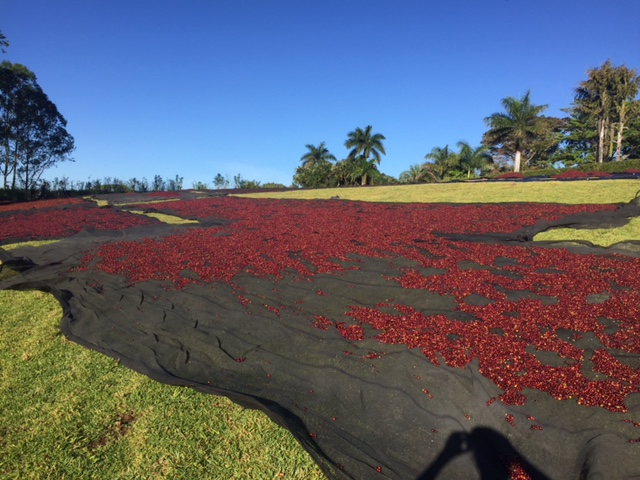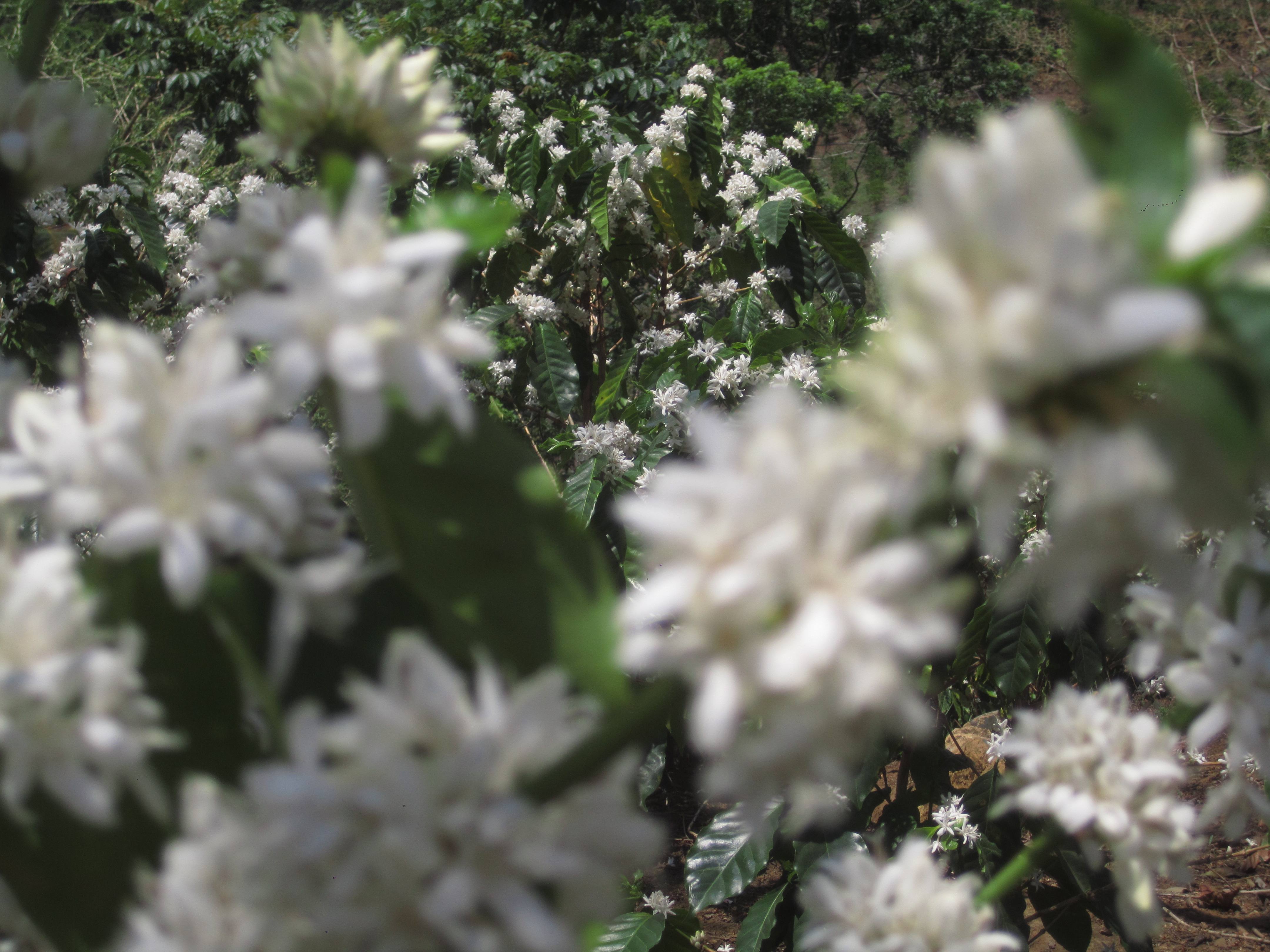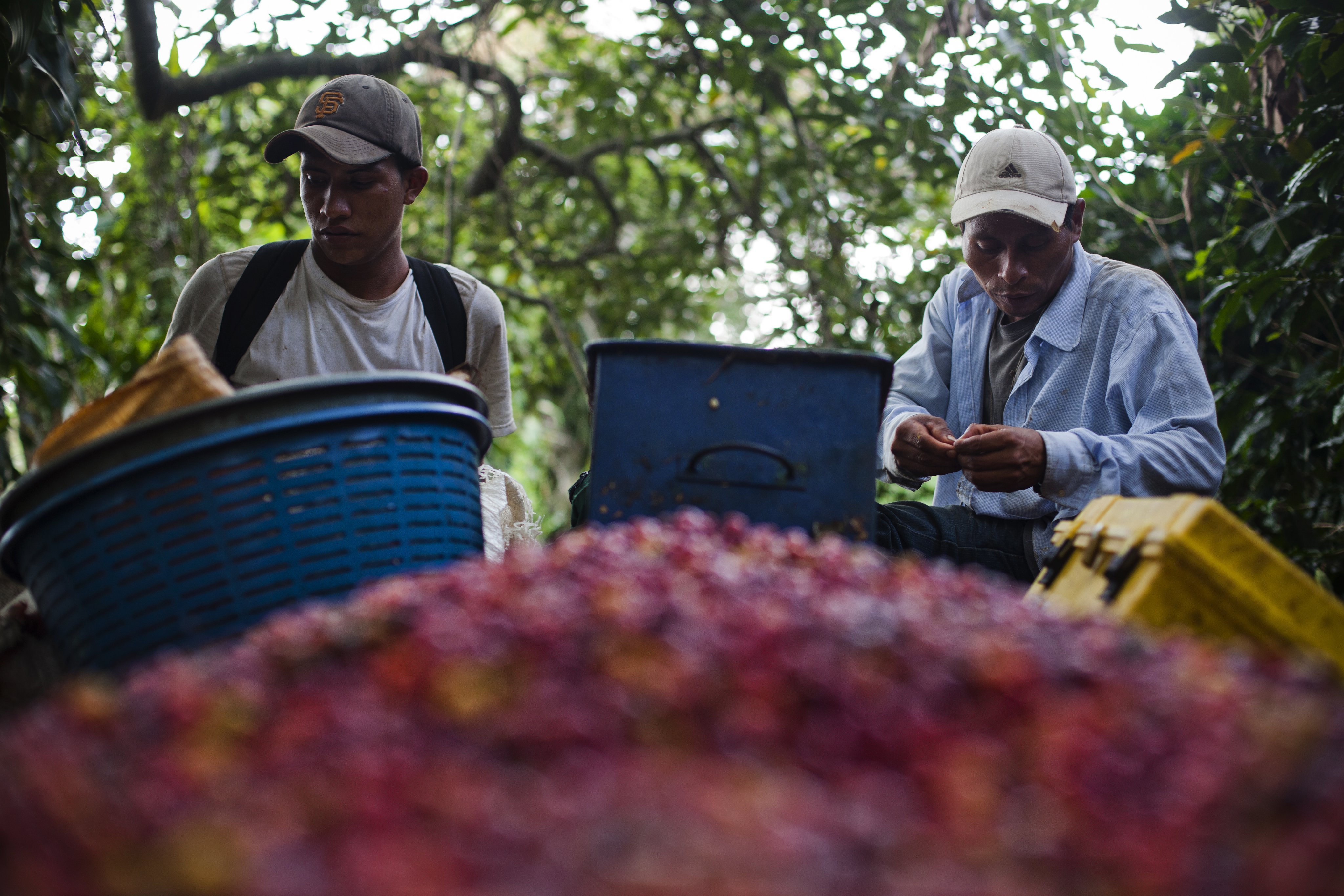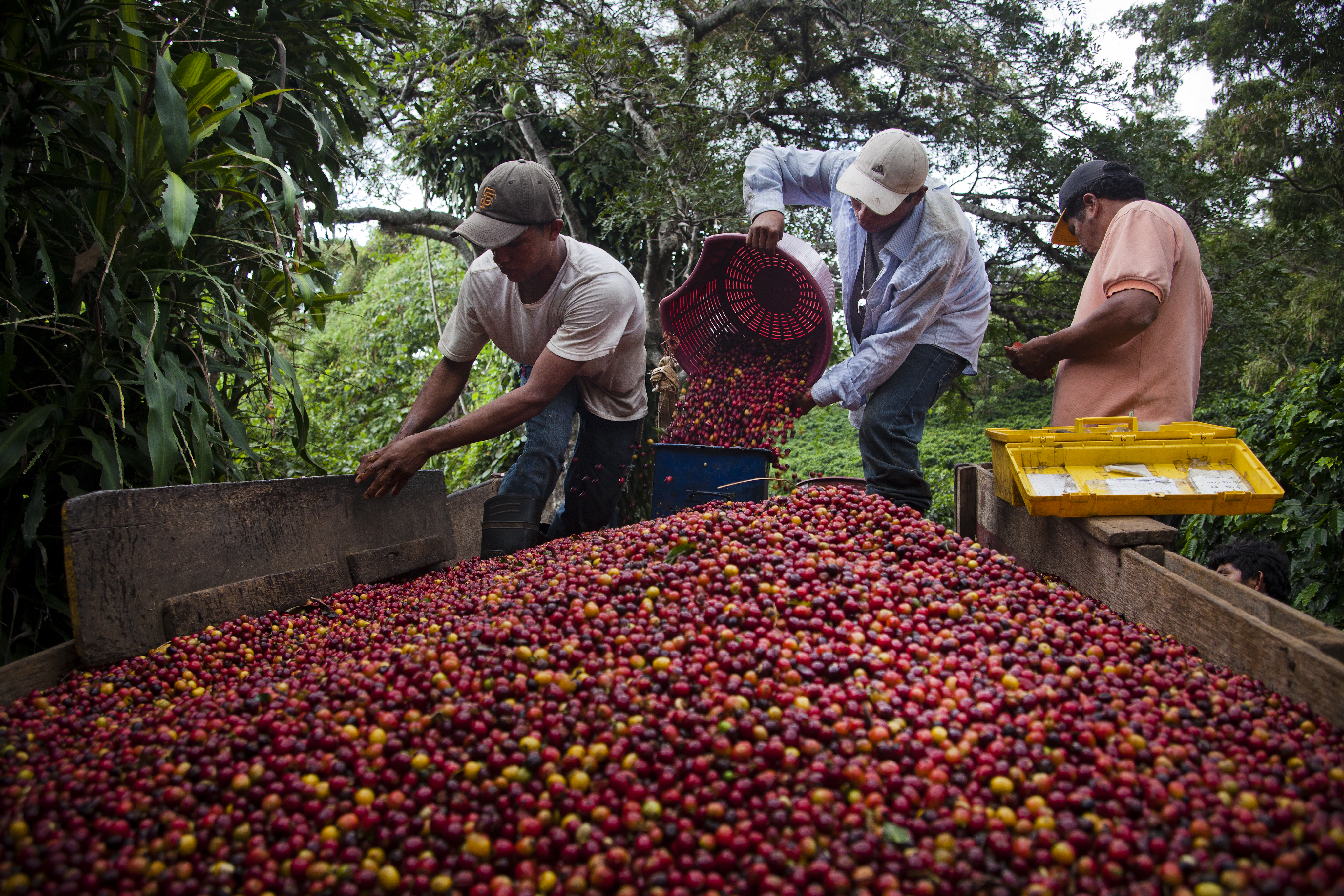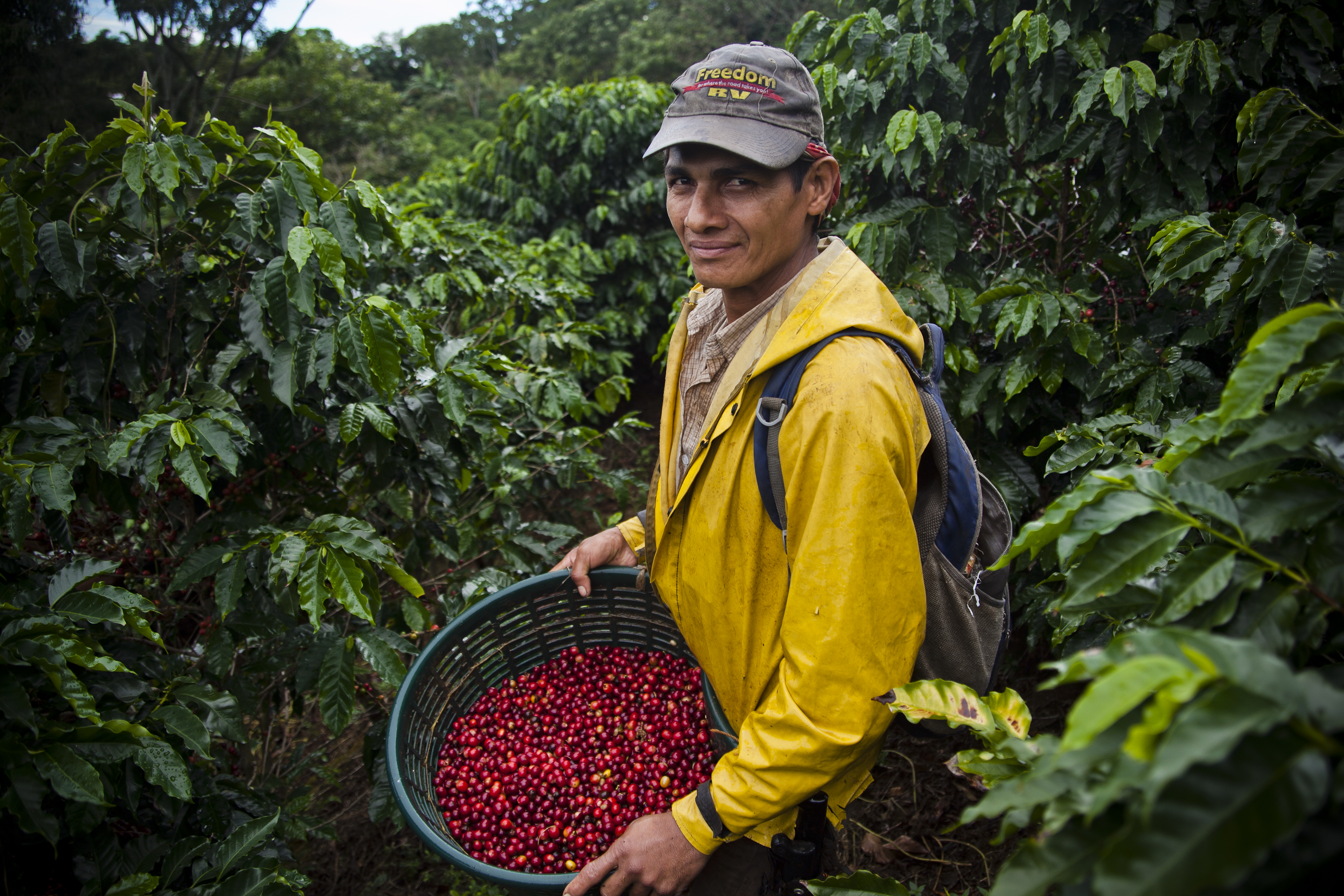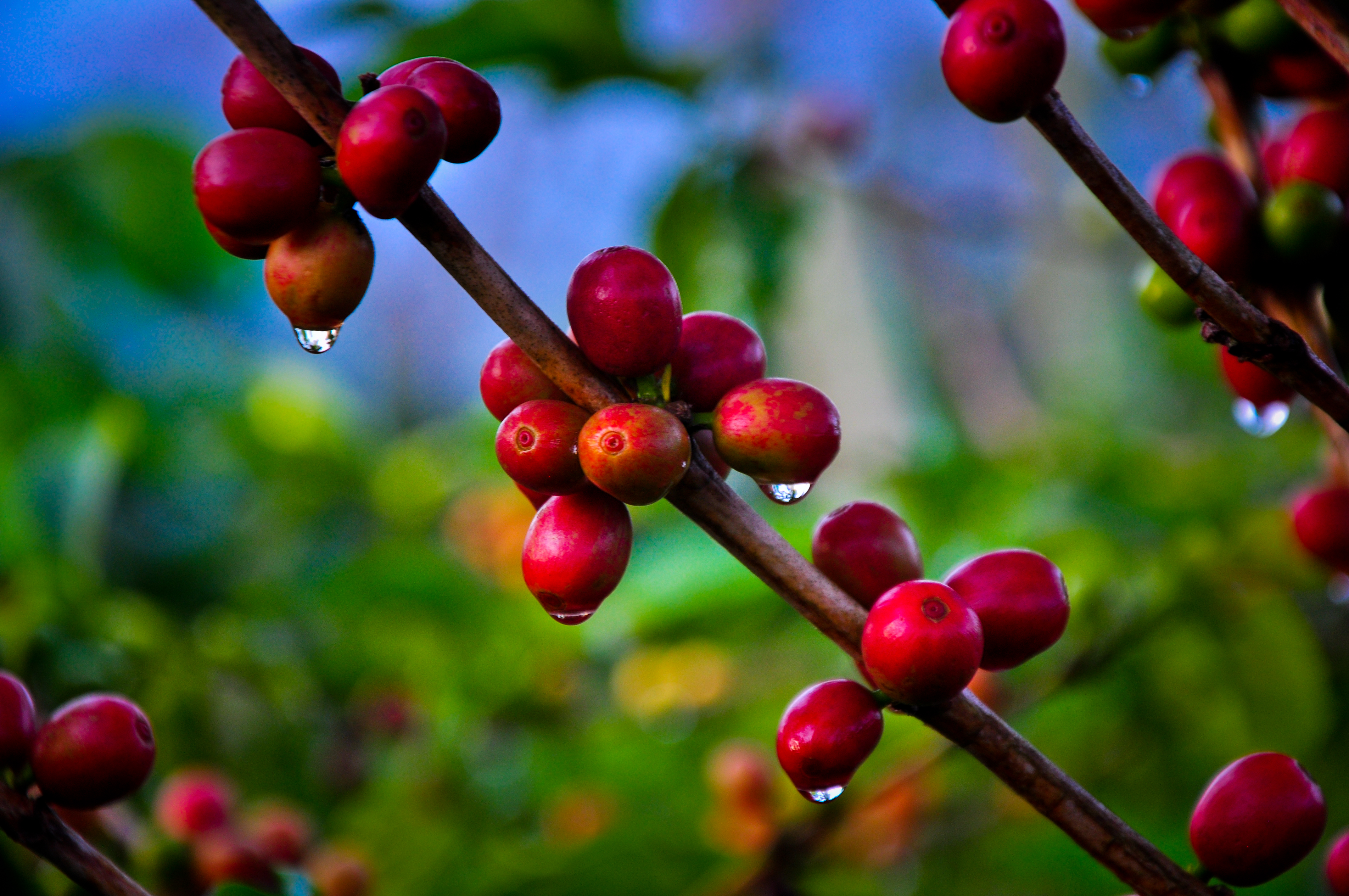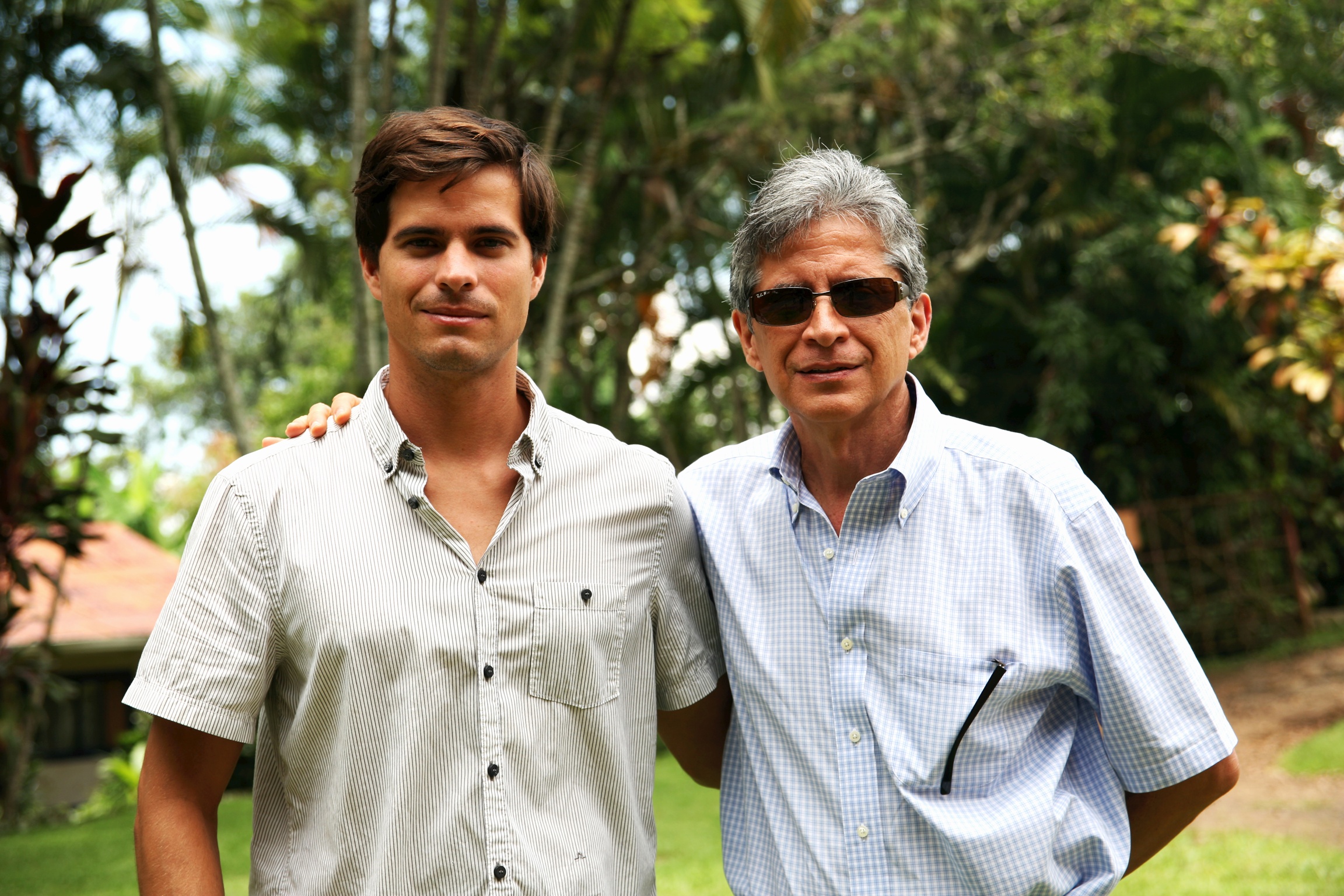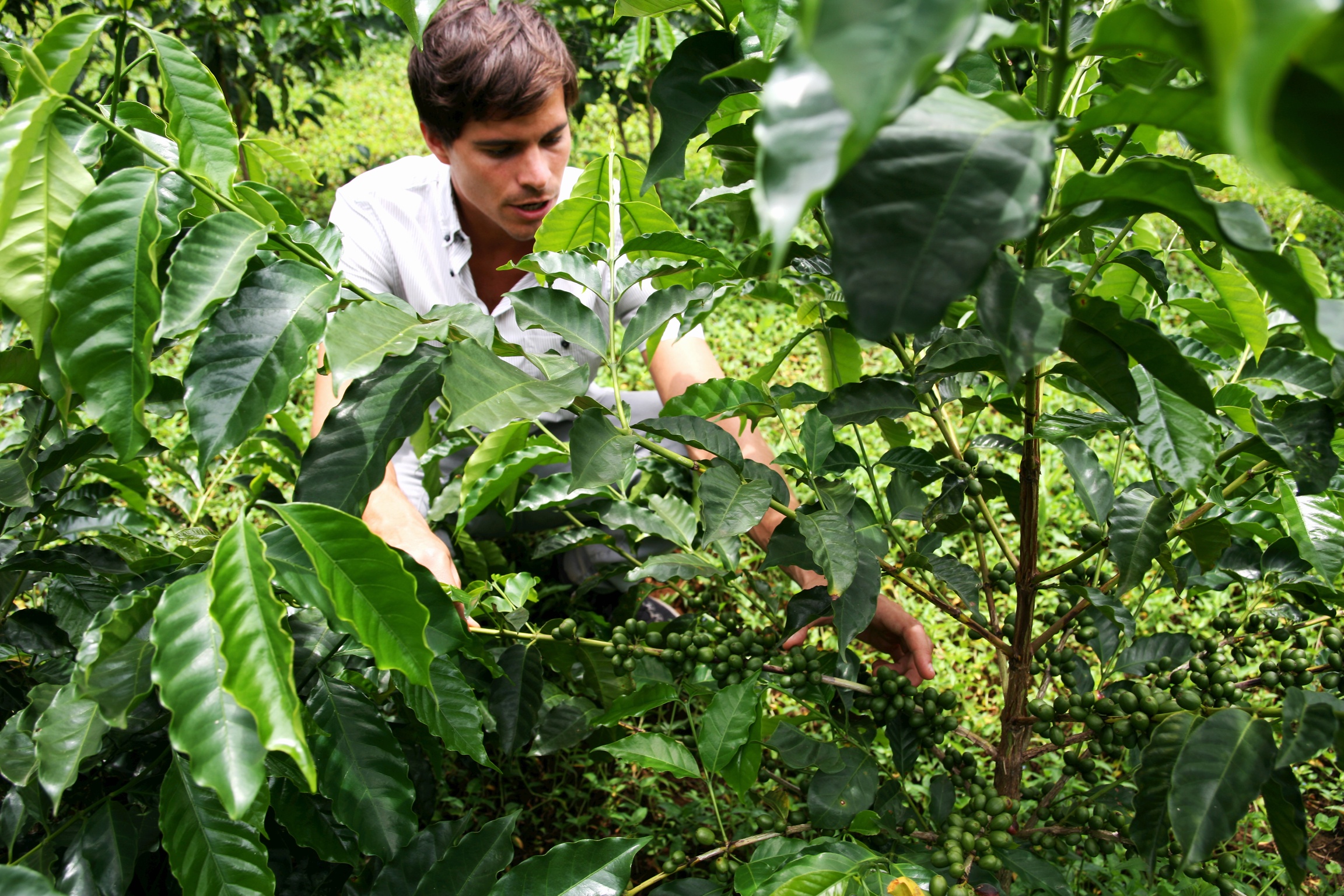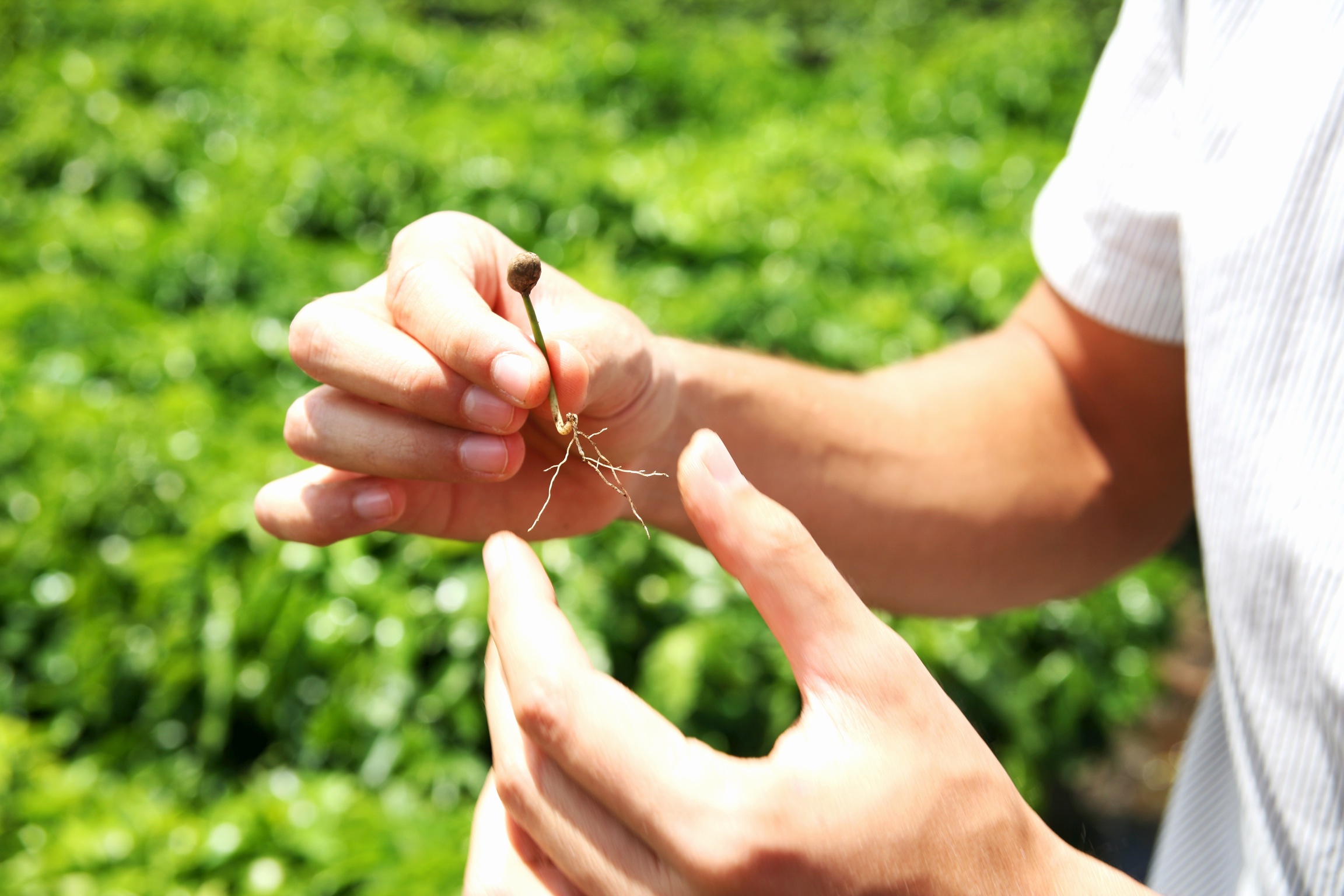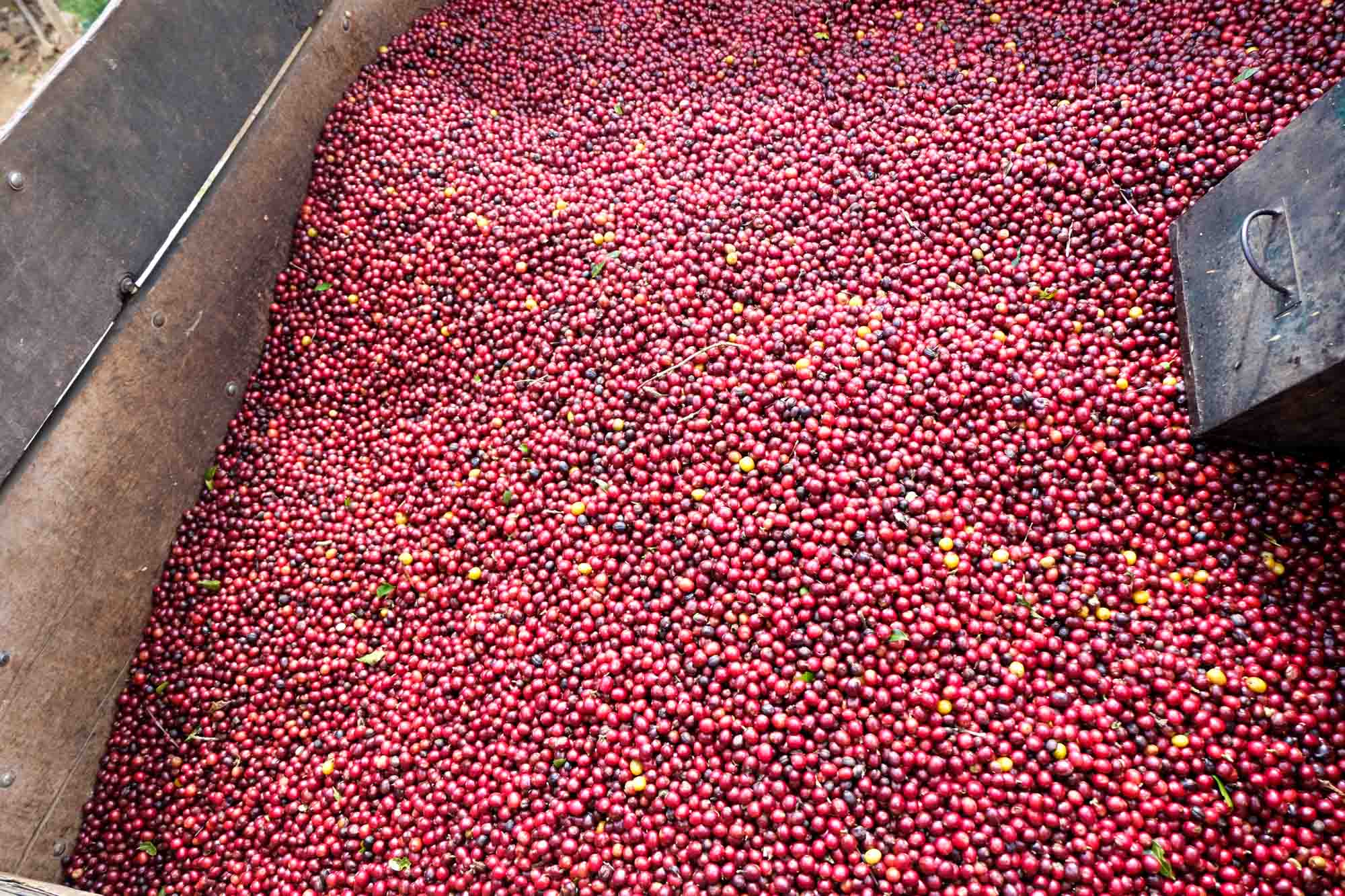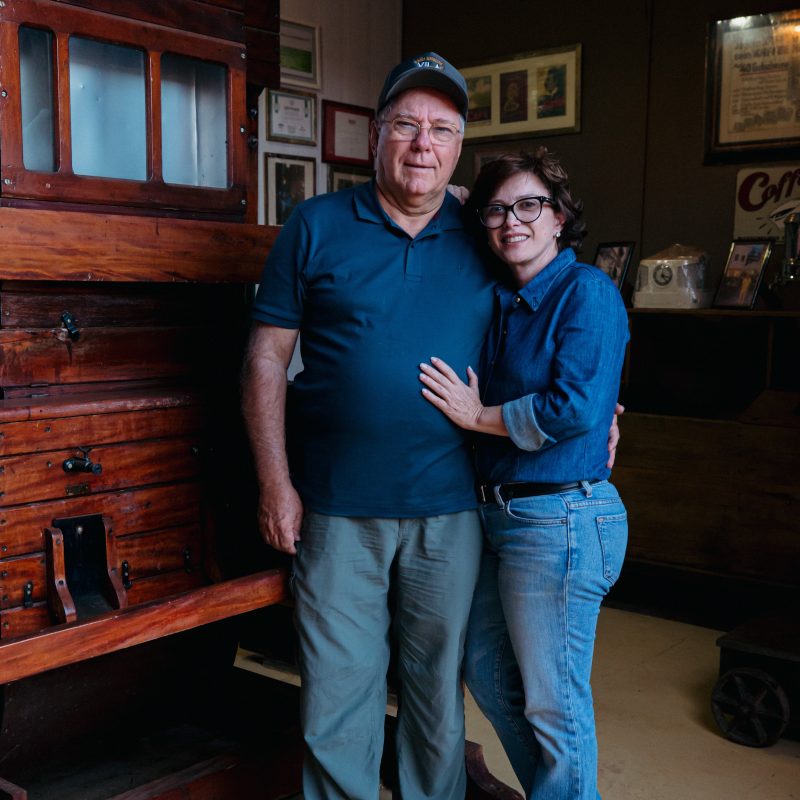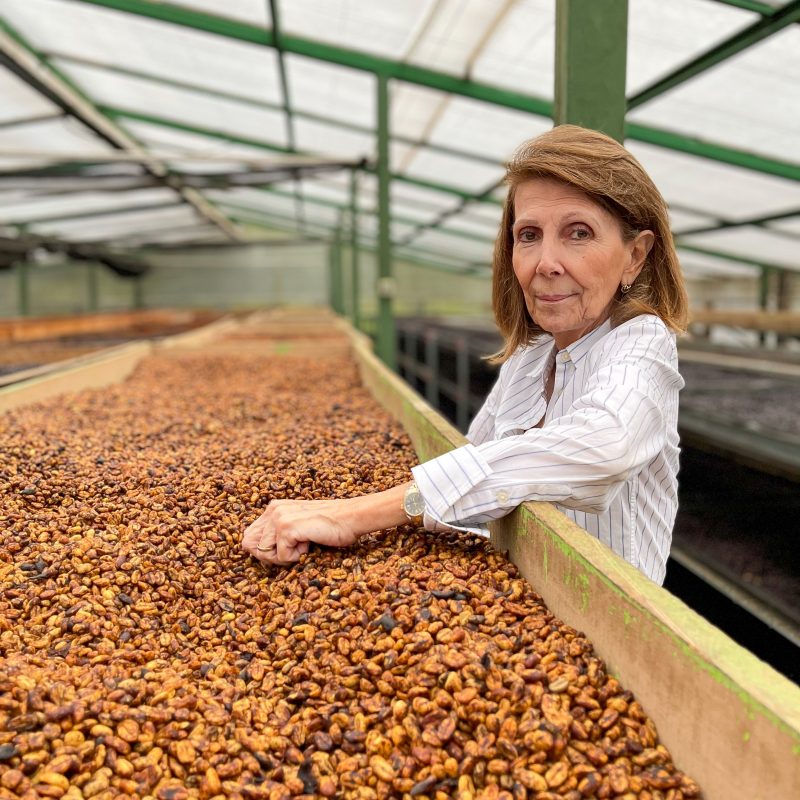Description
Farm: Hacienda Sonora
Process: Piramide Fermentation
Covered Patio & Pyramid layered method
After being selectively handpicked, the ripe red cherry is laid to dry either on the farm’s patios or on raised beds. During the drying period, the coffee is consistently moved to ensure even drying.
The result in the cup is splendid. This coffee is bright and sparkling, complemented by a velvety mouthfeel and notes of molasses, apricot, stewed peach, mixed berries, hazelnut toffee and cotton candy.
Varietal: Centroamericano
A High-Quality Coffee Hybrid
We love our current coffee varieties like Typica and Bourbon. But we wonder if F1 coffee hybrids are the future. What are F1 hybrids? These first-generation coffee hybrids solve the problems that coffee species and varieties face: diversity and disease.
Coffee hybrids have a high potential for high-quality and high-yielding plants with disease resistance. Cafe Centroamericano is one such hybrid that keeps our genetically-vulnerable coffee safe.
H1 – or to give it it’s full name, Centroamericano H1 – is a Catimor. Actually, to be precise, it’s a Sarchimor. The Catimors and Sarchimors is a huge group of coffee varietals created from crossing Arabica varietals with Timor Hybrid – a naturally occurring hybrid of Arabica and Robusta (discovered, you guessed it, in Timor, nearly 100 years ago).
The Timor gives this group it’s “imor” suffix, with the start of the name coming from the plant it was crossed with. In the case of Centroamericano H1 it’s Villa Sarchi (hence Sarchimor), but world wide this group of varietals with a little bit of robusta parentage have become popularly known as Catimors (Timor x Caturra).
Centroamericano H1 is a particularly popular varietal from this group and it’s one we’ve seen often grown as a small part of speciality coffee farms in El Salvador, Guatemala and Costa Rica. The parents of Centroamericano H1 are T5296 (Timor x Villa Sarchi) and Rume Sudan (an Ethiopian varietal). There are some obvious reasons H1 has become popular – the plant is quick growing, resistant to leaf rust (a major problem, particularly in El Salvador) and high yielding.
This coffee hybrid was created by researchers at the French research institute called CIRAD, by members of a Central American regional network of coffee institutes nationally known as PROMECAFE, and by individuals at the CATIE genebank for coffees grown in Costa Rica (2).
Central American coffee plants are dwarf in stature with green-tipped leaves and a large coffee bean type size. They are classified as “very good” for quality potential at high altitudes with a “very high” yield potential. Fortunately, they are resistant to coffee leaf rust, like the Sarchimor hybrid and tolerant to coffee berry disease, yet they are still susceptible to nematodes. It’s very similar to the Milenio variety.
